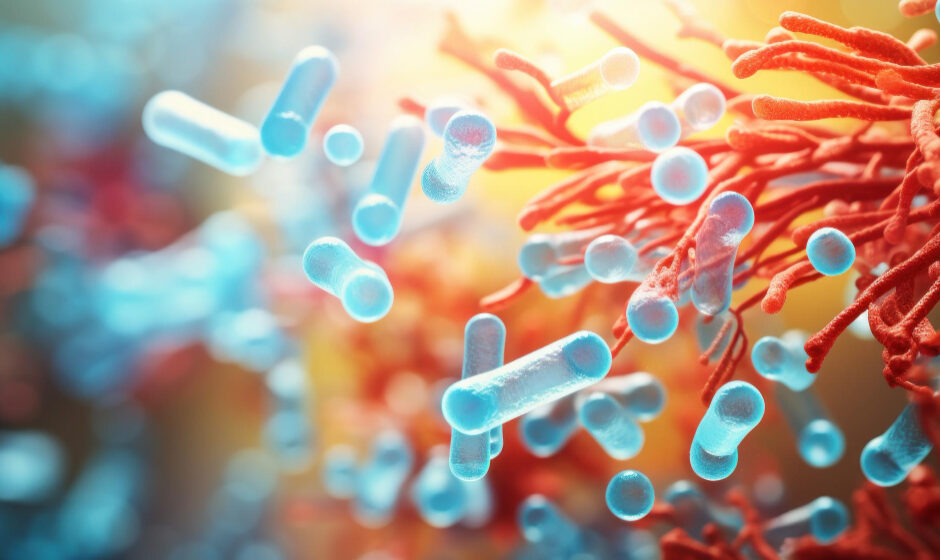India’s booming aquaculture industry, feeding millions and bringing economic prosperity, faces a hidden enemy: antimicrobial resistance (AMR). The overuse and misuse of antibiotics in fish farms are breeding superbugs, bacteria resistant to the very drugs meant to protect them. This silent crisis threatens not just fish health and future harvests, but also food security and public health.
Antibiotics: A Double-Edged Sword
India, a global aquaculture powerhouse, produces an astounding 95.79 million tonnes of fish annually. Antibiotics play a crucial role, combating diseases and promoting growth in these teeming farms. However, the allure of increased yield has often led to their uncontrolled use. This injudicious application creates a perfect breeding ground for resistant bacteria, evolving into superbugs that render existing antibiotics ineffective.
The Alarming Toll:
Studies paint a worrisome picture. Tilapia fish in Maharashtra harbor bacteria wielding extended-spectrum beta-lactamases (ESBLs), rendering them immune to a broad range of antibiotics. In Kerala, shrimps, shellfish, and crabs boast a 100% resistance to ampicillin, a common antibiotic. These findings are not isolated, hinting at a widespread resistance problem lurking beneath the surface of India’s aquaculture sector.
From Aquaculture to Public Health:
The consequences of AMR in fisheries extend far beyond fish farms. Antibiotic-resistant bacteria can easily spread through water, potentially reaching seafood consumers. This poses a grave public health risk, as common infections could become untreatable, jeopardizing both individual well-being and healthcare systems.
Turning the Tide on Superbugs:
The rising tide of AMR demands immediate action. India is taking steps, with states like Gujarat developing action plans to promote responsible antibiotic use, improve waste management, and strengthen surveillance. These initiatives, coupled with collaborations between fish farmers, government agencies, and researchers, are crucial to curb the spread of superbugs.
A Sustainable Future for Aquaculture:
Addressing AMR is not just a health imperative, but also an economic one. Unsustainable antibiotic use threatens the very foundation of India’s thriving aquaculture industry. By embracing responsible practices and investing in alternative disease prevention methods, India can ensure a healthy and resilient future for both its fish and its people.
The battle against superbugs in the sea is a complex one, demanding a multi-pronged approach. Through responsible antibiotic use, effective waste management, and collaborative action, India can chart a course towards a sustainable future for its aquaculture industry, safeguarding fish health, food security, and public health for generations to come.

